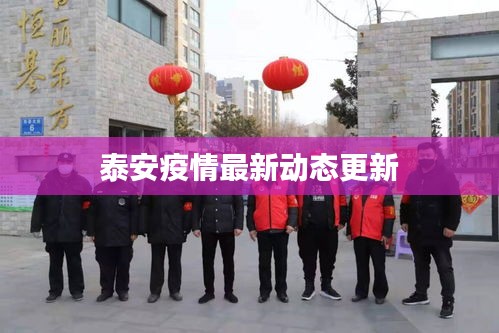Introduction
The concept of "exclusive memory" refers to the unique and personal experiences that we hold dear in our hearts. These memories are often deeply rooted in our past and serve as a constant reminder of our personal journey. In this article, we will explore the essence of exclusive memories through the lens of both English and Chinese languages, highlighting the beauty and nuances of each culture's expression of these cherished moments.
Understanding Exclusive Memory
In English, "exclusive memory" can be understood as a memory that is uniquely one's own, set apart from others, and often cherished due to its personal significance. It is a memory that stands out among the rest, perhaps because of the intense emotions attached to it or the unique circumstances surrounding its creation. In Chinese, this concept is often encapsulated in the phrase "独家记忆" (dú jiā jì yì), which carries a similar connotation of a memory that is personal and distinct.
Personal Experiences in English
In English, personal experiences are often described in vivid and expressive language. For instance, one might say, "I have an exclusive memory of the day I graduated from college. It was a moment of immense joy and relief, as I finally bid farewell to my student life and embraced the unknown challenges of the professional world." This sentence captures the essence of an exclusive memory by highlighting the emotions and the significance of the event.
Personal Experiences in Chinese
In Chinese, the expression of personal experiences can be more subtle and poetic. For example, "独家记忆中,我仿佛看到了那个夏天的夕阳,它温暖而宁静,就像我那时的心情一样。" This sentence, translated to English, reads, "In my exclusive memory, I seem to see the sunset of that summer, warm and tranquil, just like my mood at that time." The Chinese language often uses imagery and metaphor to convey the depth of personal emotions, making the memory feel even more vivid and intimate.
Cultural Differences in Memory Expression
Cultural differences play a significant role in how we express and remember our personal experiences. In English-speaking cultures, there is often a tendency to be more direct and explicit in expressing emotions. For example, the phrase "I was overjoyed" is a straightforward way of expressing happiness. In contrast, Chinese-speaking cultures may prefer more implicit and contextual expressions, as seen in the example above, where the sunset is used as a metaphor for the speaker's emotional state.
The Power of Language in Preserving Memories
Language has the power to preserve and evoke memories. When we share our exclusive memories, we are not only reliving the moments but also connecting with others who may have similar experiences. In English, we might say, "Every time I see the old oak tree in my grandmother's backyard, I am instantly transported back to my childhood." The use of "transported back" is a powerful way to convey the immediacy and impact of the memory.
Chinese Language and the Art of Memory
In Chinese, the art of memory is often intertwined with the language itself. The use of characters and the structure of sentences can evoke a sense of nostalgia and connection to the past. For instance, the phrase "独家记忆" uses characters that suggest a sense of exclusivity and personal ownership. The Chinese language's rich vocabulary and the beauty of its calligraphy can make the act of recalling and sharing memories a deeply rewarding experience.
Conclusion
Exclusive memories are the threads that weave the tapestry of our lives. Whether expressed in English or Chinese, these memories hold a special place in our hearts. The language we use to describe them reflects our cultural heritage and personal experiences. As we continue to share and preserve our exclusive memories, we honor the past and create a bridge to the future. In both languages, the power of memory is undeniable, and the beauty of our shared human experience is beautifully captured in the words we choose to express it.
转载请注明来自深圳市鹏腾电子发展有限公司,本文标题:《独家记忆中英双语翻译,独家记忆英文缩写 》












 粤ICP备19130523号-1
粤ICP备19130523号-1
还没有评论,来说两句吧...